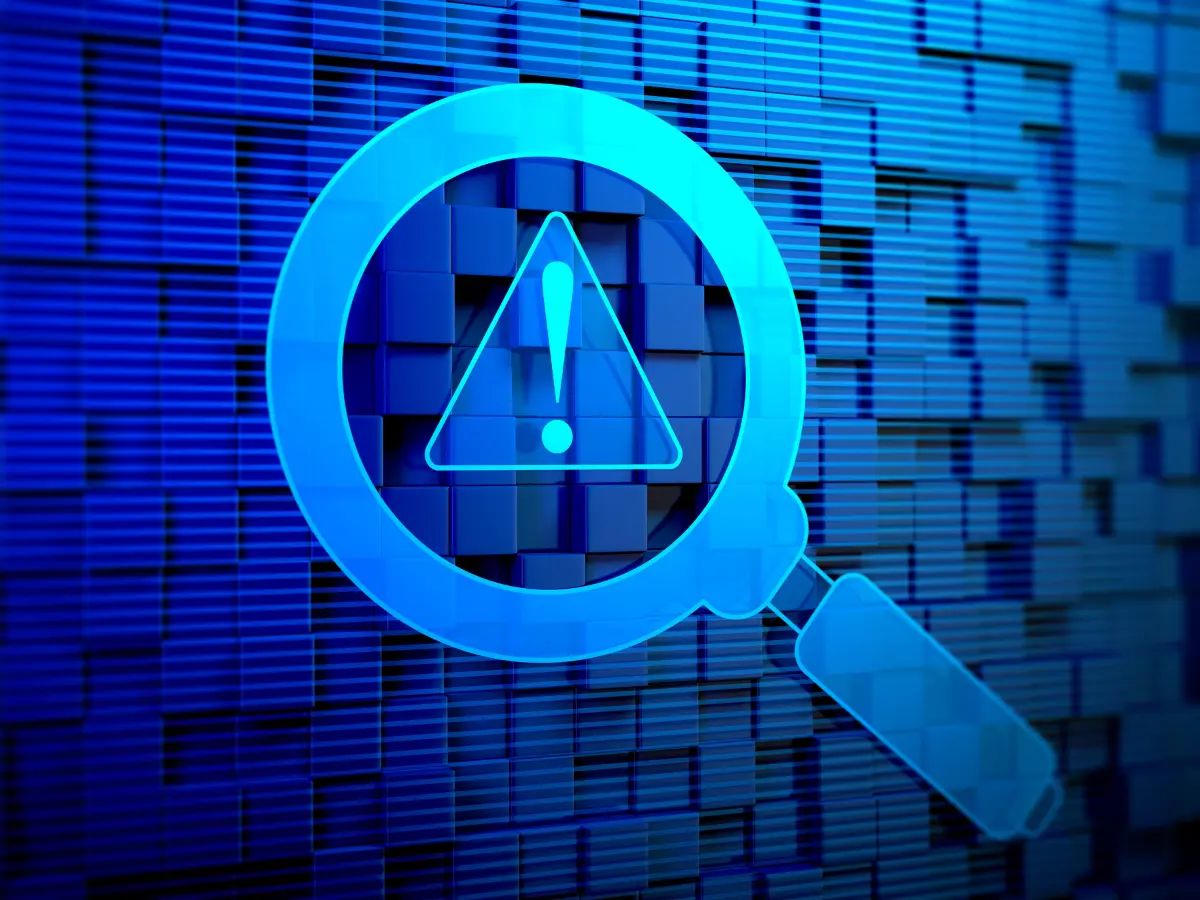What are the types of cybersecurity? Cybersecurity is so important that it can’t be overemphasized. According to Forbes, in 2023, there were 2365 cyberattacks with approximately 343,000,000 victims.
How does that affect your organization? A large percentage of the cyber attacks reported were aimed at businesses—small, medium, and large. Actually, 71% of Nigerian businesses faced ransomware attacks in 2021. So, you need to take cybersecurity seriously for your organization’s sake. In this article, you’ll learn the different types of cybersecurity in 2024.
What is Cybersecurity All About?
Cybersecurity is the necessary process of shielding an organization in its entirety from cyberattacks. In recent times, there has been a rapid growth in the number of cyberattacks on organizations. To further complicate matters, businesses have a hard time fighting back. Some of the factors affecting the strength of the counterattacks are:
Remote work: the era of brick-and-mortar work has long since passed and a new work mode has taken over. In fact, the majority of companies at one point or another employed the services of remote workers. An important enabler is the internet, which makes it easier for cyberattacks to take root.
Sophisticated attacks: cyberattacks have evolved from what they used to be into a more complex and organized structure. They now operate with better technology, the likes of which most organizations aren’t prepared against.
Complex environment: cybersecurity would’ve been more effective if only modern corporate networks worked on just one environment. Instead, it spans over multiple cloud environments and infrastructures.
The results of cyberattacks can be devastating. Such breaches lead to loss of intellectual property and customer trust, in addition to the financial and reputational costs. That aside, there’s the matter of identity theft, fraud, and targeted attacks that follow data breaches. Bottomline is that every organization needs to up their cybersecurity game.

What Are the Types of Cybersecurity?
To effectively battle against cyber threats, you need to understand the different types of cybersecurity. There are basically 7 broad categories, which are:

Network Security
Of the types of cybersecurity, this is the first line of defense. Network security involves securing the channels of communication between computers in an organization. Since most attacks happen over the internet, it makes the most sense to secure that angle first.
First, we have the basic methods of network security, which are encryption, implementing firewalls, and intrusion detection systems. Second, there are access control solutions like identity access management (IAM) and data loss prevention (DLP).
Additionally, there are more advanced network security solutions, for example, NGAV (Next Generation Antivirus), sandboxing, and IPS (Intrusion Prevention System).
Application Security
Otherwise known as cloud security, this type of cybersecurity involves protecting the applications, devices, and infrastructure of an organization against attacks. To do that, a cloud security strategy must be implemented.
Sure, cloud providers give security to an extent, but third-party security solutions will still be necessary to provide all-round application security.
Mobile Security
Data is stored on several devices, mobile devices included. Most times, mobile security is overlooked, which shouldn’t happen. With the constant increase in the use of mobile devices (tablets, smartphones, etc.) to access corporate data, it is important that this end is secured.
Mobile security, among the types of cybersecurity, protects against cybercrimes and secures operating systems from jailbreaking and rooting. One solution is to use a mobile device management solution to grant access to authorized mobile devices only.
End-user Education
The types of cybersecurity list isn’t complete without the end users education. Organizations should raise proper awareness amongst their staff and other individuals about the importance of cybersecurity. Regular training programs will get the job done.
Operational Security
This is basically the implementation of policies and procedures to ensure proper security of systems and networks. Under this umbrella, regular assessments of existing cybersecurity systems and upgrading where necessary are covered. Also, regular employee training on best security practices in addition to establishing incident-response plans is included.
Data Security
As has been noted, data security is different from cybersecurity. Data security includes all methods used to protect the integrity, confidentiality, and accessibility of important information from external threats. Such methods include encryption, access controls, and backup systems to prevent unauthorized access, loss, and compromise.
Note: Importance of Data Security
Critical Infrastructure Security.
This is straight to the point. It is everything you can do to protect the computer system in your organization. This includes all technologies, processes, etc. you use to ensure the systems continue to work properly.
Data security vs. Cybersecurity
Often times, cybersecurity is mistaken for data security. Although they are used interchangeably, they aren’t the same.
Data security includes methods by which data (personal) is protected from loss, compromise, or threats, while cybersecurity guards all the digital networks and systems used to collect, transit, process, and store data. For example, if you run a healthcare facility for HIV/AIDS patients, for records-keeping, you’ll definitely collect and store a ton of sensitive information like patients names, medical status, home address, etc. Now, the methods you employ, e.g., encryption, tokenization, etc., to protect them from external threats are data security. Also, you’ll need to secure the computer and every other hardware used to input and store the data from unauthorized access, hence cybersecurity.
In summary, data security is a type of cybersecurity.
Conclusion
In present times (2024), understanding the different types of cybersecurity is beyond important for proper data protection from ever-evolving threats. By implementing all-round security measures, from network and data security to end-user education, businesses can safeguard their systems, data, and reputation.
At Johan Consults, we help you achieve maximum security for your data and assets. Contact us for a free initial consultation.










